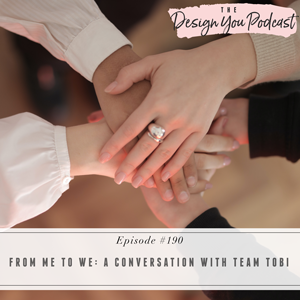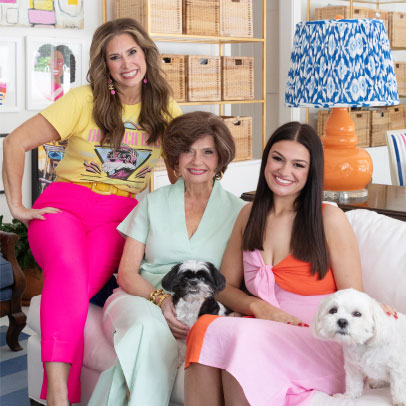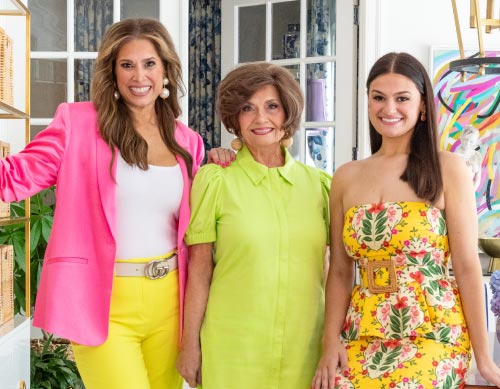
I have such a fun episode for you today friends, and it’s a follow up on last week’s episode about company values. It’s one thing hearing from the boss, but I wanted y’all to hear the truth from other people, so this week, I have my team with me for a conversation about what it’s really like to work together in a company culture that is run by its values.
I’ve had a business for 22 years, and among the good things, I’ve had all kinds of chaos, drama, burnout, turnover, and stress. But I can honestly say that I have never had what I have right now, where I have the pleasure and joy of working with a team that has been built intentionally based on values.
In this episode, hear from my team about how we’ve implemented our company values, as we help you understand what’s possible when it comes to creating a company culture that benefits the entire team. Find out how these incredible women have helped shape my business, the importance of things like trust, support, and honest, direct communication, and their experiences of working as part of a company driven by its values.
If you would like help creating your values, we’re opening up the doors to our Millionaire Mentorship Program in a few weeks. And if you just can’t wait for us to release the information, DM me on Instagram and I’ll tell you more about it!
If you want help creating a business with thriving revenue streams so that you can design the life you really want, get on the waitlist for the next round of my Design You Coaching Program. Inside, you’ll get access to a whole new course where I share my complete design system with you. You’ll receive every template, tool, SOP, worksheet, downloadable, video, and more that I have created and used myself, and receive a complete step-by-step for how to run your full-service projects.












